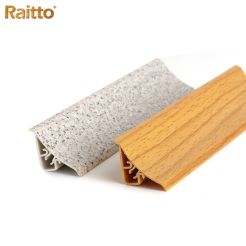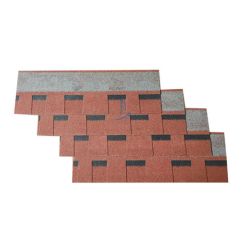thickness of tempered glass
Product Description
https://www.huideglass.com/productstags/thickness-customized-tempered-glass.html
Tempered Glass Thickness, Toughened Glass Thickness
Customized Thickness in Tempered Glass: Enhancing Safety and Durability in Appliances
The thickness of tempered glass used in appliances usually depends on the specific use and requirements. The following are some common tempered glass thicknesses.
1. 3mm (mm): used for appliance panels, touch screens, home ovens, etc.
2. 4 mm (mm): used for kitchen cabinets, storage cabinets, home ovens, etc.
3. 5 mm (mm): used for microwave oven doors, hoods, shower rooms, etc.
4. 6mm (mm): used for integrated cooker, range hood, bathroom partition, etc.
Of course, these are only some common thicknesses, the specific use of the actual situation needs to be selected according to the actual situation. In addition, with the development of technology, there may be thicker or thinner tempered glass thickness.
In the realm of appliances, tempered glass finds extensive applications, primarily in doors, windows, shelves, and display panels. However, the thickness of tempered glass used in appliances is not a one-size-fits-all approach. Instead, it is customized to meet specific use and requirements, taking into consideration factors such as size, weight, stress levels, and safety standards.
I. Understanding Tempered Glass: An Overview
In this section, we provide a comprehensive overview of tempered glass, explaining its composition, manufacturing process, and key properties. By undergoing controlled thermal and chemical treatments, tempered glass achieves a higher level of strength compared to standard glass. We highlight its resistance to thermal stress, impact resistance, and the unique fragmentation pattern that ensures safety in case of breakage.
II. The Significance of Customized Thickness in Appliances
A. Size and Weight Considerations
The size and weight of appliances play a crucial role in determining the appropriate thickness of tempered glass. Larger appliances with heavier doors, such as ovens and refrigerators, require thicker glass panels to withstand the weight and ensure structural integrity. We explore how manufacturers calculate the load-bearing capacity of tempered glass and the importance of customizing the thickness accordingly.
B. Stress Levels and Functional Requirements
Appliances often undergo various types of stress during their operation. Whether it's thermal stress, mechanical stress, or pressure differentials, the tempered glass used must be able to withstand these conditions without compromising safety or performance. We delve into how customized thickness helps in balancing stress levels, ensuring that the glass remains intact and functional under demanding circumstances.
C. Safety Regulations and Compliance
Safety standards and regulations play a pivotal role in appliance manufacturing. Government bodies and industry organizations set guidelines to ensure the safety of appliances, particularly regarding glass components. We discuss how customized thickness in tempered glass enables manufacturers to meet and exceed these regulatory requirements, providing consumers with reliable and safe products.








